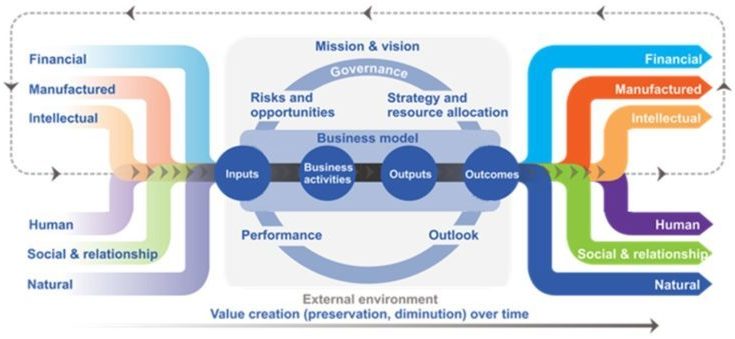Development generally has a significant environmental, social or economic impact on all stakeholders. Various tools are used to measure the impacts for project participants as well as personnel and the communities where the development takes place.
Sustainable development has led to the use of triple-bottom-line accounting to provide stakeholders with a full accounting of the costs and benefits through the adoption and application of sustainability principles in the business. The triple-bottom-line approach measures the sustainability impact on the three pillars of sustainable development: society (people), the environment (planet), and the project's financial performance (profit).
The business case is concerned with the economic benefit to be realized from engaging in a business activity. The business case for sustainable development addresses the economic reasons for pursuing corporate social responsibility (CSR) strategies and policies.
Sustainability reporting is used by companies to report on the environmental, social and economic impact that their business has on all stakeholders, commonly through an integrated sustainability reporting framework. Some companies include social and environmental accounting information in their annual reports and other investor communications, while others report on ESG metrics separately in sustainability reports.


Businesses that use the triple-bottom-line approach are benefiting from the transparency of their reporting, with a proven positive relationship between corporate responsibility and financial performance. The inherent difficulty with this approach is in the measuring of sustainability and recognition of shared value.
The Global Reporting Initiative (GRI) established an international independent framework of principles and performance indicators for organizations to measure and report on their corporate social responsibility (CSR) or environmental, social and governance (ESG) performance. GRI guidelines currently constitute the most accepted and widely spread standard for sustainability reporting.
A major issue with sustainability reporting is the lack of an objective or comparable way to measure the ESG key performance indicators (KPIs). There is no international standardized and comprehensive framework for ESG reporting.

